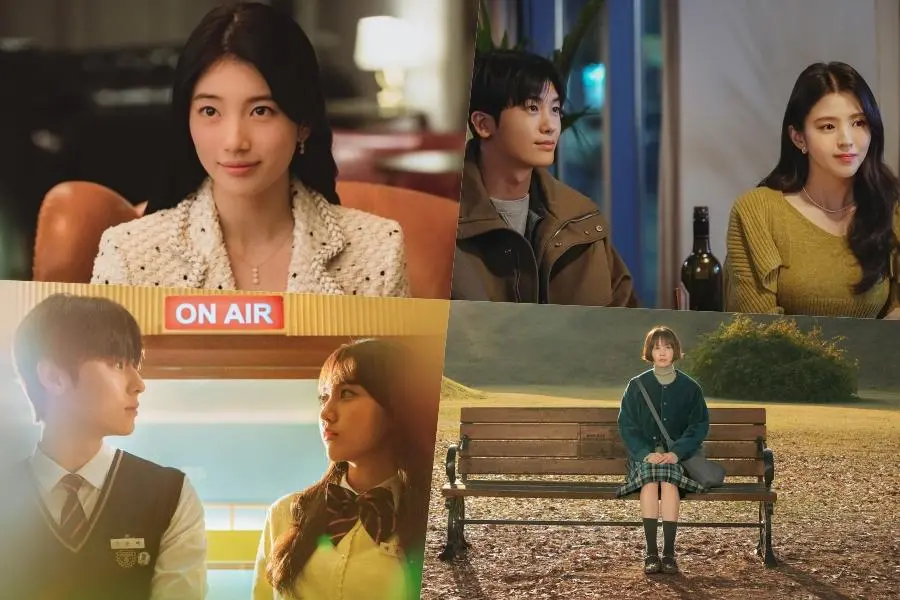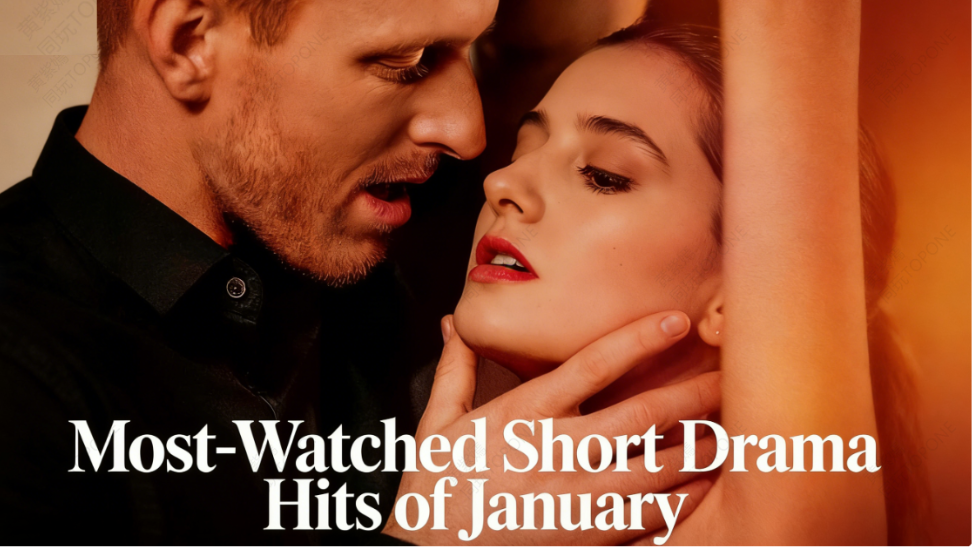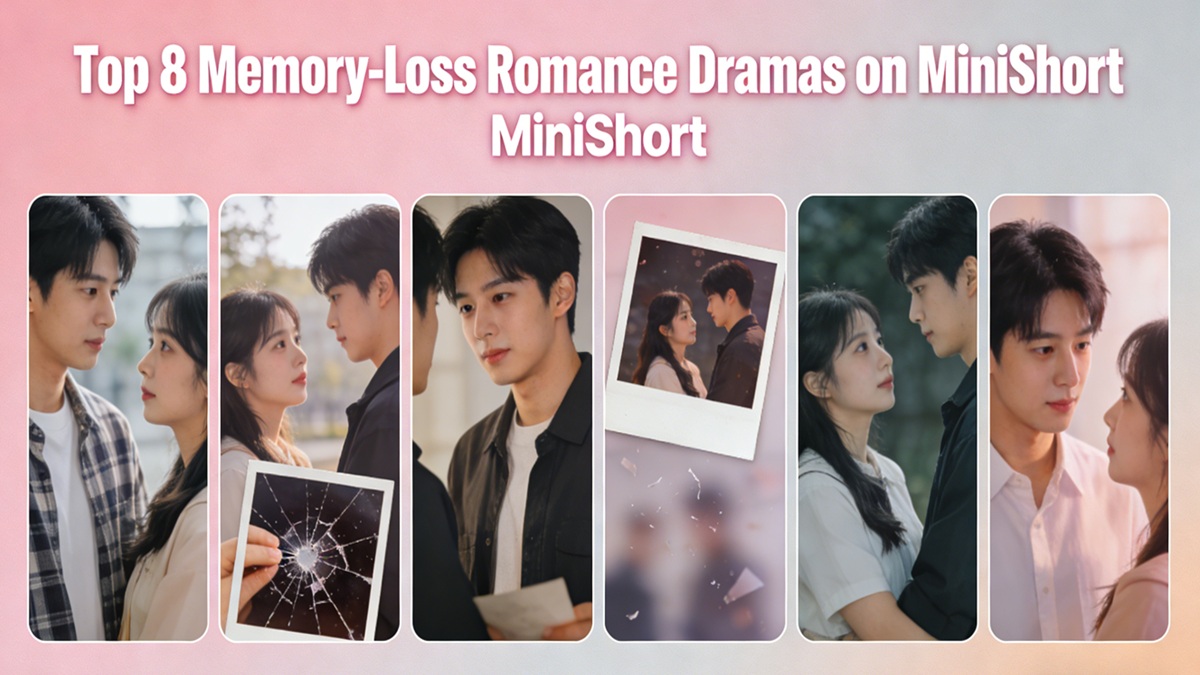
In the age of fast-paced digital consumption, short dramas (also called mini dramas or micro-series) have emerged as the perfect entertainment solution. With episodes often ranging from 2 to 15 minutes, and entire stories wrapping up in less than two hours, short dramas are tailored to modern lifestyles. Whether on the bus, during lunch breaks, or before bed, viewers can enjoy complete emotional journeys in bite-sized form.
While thousands of new mini series appear across streaming platforms each year, five genres have proven to be the most magnetic to audiences. These genres not only dominate views and discussions but also shape storytelling trends across platforms like MiniShort, TikTok, and mobile-first video apps.
Let’s explore the five most popular short drama genres of 2025 and understand what makes each of them so compelling.
Romantic melodramas continue to lead the short drama landscape in both production and viewership. Their universal themes—love, heartbreak, betrayal, sacrifice, and forgiveness—speak directly to the human heart.
Characteristics of the Genre:
Romantic melodramas often follow a clear emotional arc: two people meet, fall in love, face heartbreaking obstacles, and either reunite or part ways in bittersweet fashion. Because these stories are compressed into short episodes, they eliminate slow build-ups and focus only on the most intense moments.
Why It’s Popular:
In addition, the visual language—soft lighting, close-ups, emotional music—makes the romantic moments resonate deeply with viewers. Platforms now optimize these dramas for vertical viewing, making each glance and tear more intimate and impactful.

The revenge and redemption genre has skyrocketed in popularity in recent years, fueled by growing demand for narratives that depict transformation, strength, and poetic justice.
Core Elements:
This genre resonates strongly in today’s social climate. With increasing awareness of injustice—whether in personal relationships, workplace dynamics, or family power struggles—audiences find solace in stories where the wronged party gets their due.
Why It’s Popular:
These dramas also feature strong female leads who defy traditional passive roles, offering empowerment and inspiration. In short drama format, revenge arcs are intensified—there’s no filler, just pure rise-and-fall tension from start to finish.
The modern-day fairy tale of a powerful man falling for an ordinary woman finds perfect expression in the urban CEO romance genre. While it has existed for years in novels and TV, it’s been reborn in the short drama format, now more exaggerated, stylized, and thrilling.
Common Plot Devices:
These dramas are formulaic, but that’s part of the appeal—they provide a predictable emotional journey that feels safe and satisfying. What’s changed in 2025 is the increasing presence of strong female characters who challenge these powerful men, flipping traditional power dynamics.
Why It’s Popular:
This genre thrives on exaggerated emotions and high-gloss visuals. Audiences love the chemistry, the slow burn of attraction, and the climactic moment when the cold-hearted CEO finally confesses love—usually in dramatic fashion.
In a world where daily life can feel overwhelming, supernatural short dramas offer instant escape. Whether it’s werewolf romance, time-travel lovers, or gods walking among mortals, this genre thrives on mystery, magic, and metaphor.
Signature Themes:
Short dramas excel at distilling fantastical premises into digestible scenes. They don’t require heavy lore or world-building; instead, they focus on emotional stakes within fantasy backdrops. Viewers quickly understand the rules, then dive into the emotional rollercoaster.
Why It’s Popular:
Additionally, fantasy dramas often address real-life issues through metaphor: forbidden love can represent queer identity, a cursed life can mirror depression, and power struggles can reflect societal inequality.
This blend of escapism and allegory is what makes supernatural dramas more than just fun—they're meaningful, too.
While romantic and fantasy genres dominate the spotlight, dramas centered around family and social ethics are quietly thriving. These dramas deal with real-life moral dilemmas, family dysfunction, betrayal, and societal injustice.
Typical Narratives Include:
They are often set in kitchens, living rooms, and family businesses—mundane spaces where extraordinary drama unfolds. The emotional resonance comes not from fantasy, but from realism. Viewers see themselves in these characters, which makes the impact stronger.
Why It’s Popular:
Social ethics dramas often go viral for a different reason: their ability to provoke. Whether it's a daughter confronting her cheating father or a sister standing up to abuse, these moments strike emotional chords that ripple across social media.
Each of these five genres thrives because they fulfill core emotional needs in a highly compressed format. Whether it’s the thrill of revenge, the fantasy of love, or the comfort of realism, short dramas allow viewers to consume rich, meaningful stories without investing hours.
They are:
With short dramas only growing more sophisticated and diverse, viewers can look forward to even more genre-bending stories that combine these elements in fresh, exciting ways.
For a curated selection of the best short dramas across these genres, visit MiniShort and start watching for free—no sign-up required.




